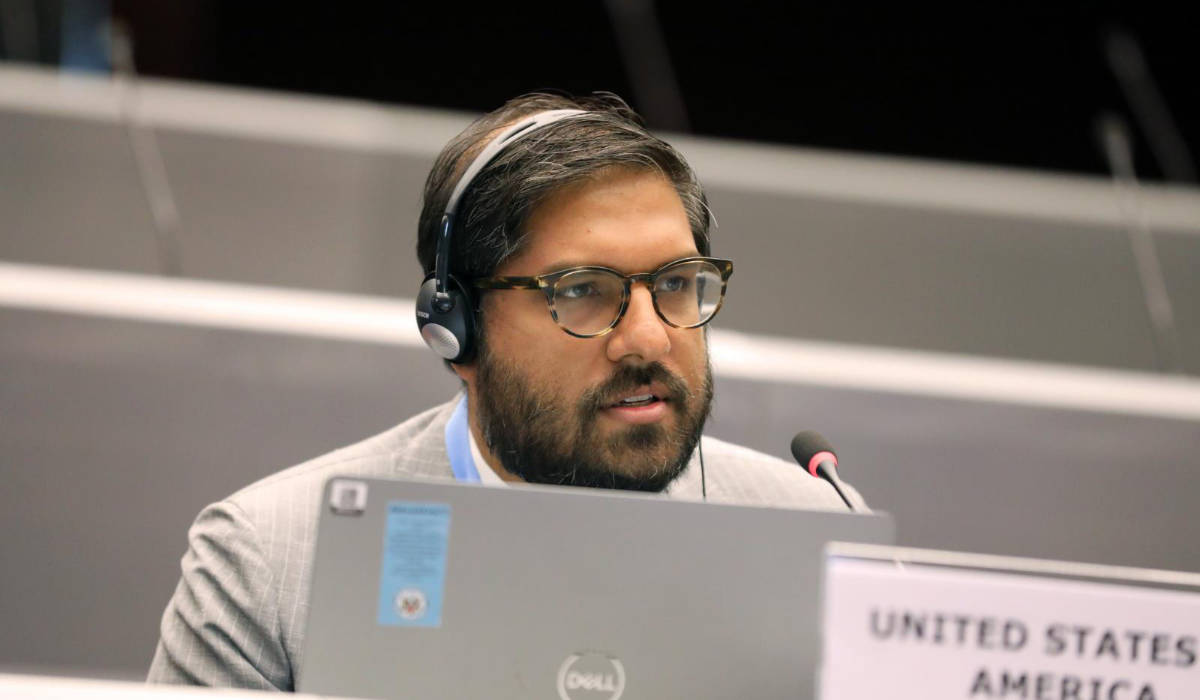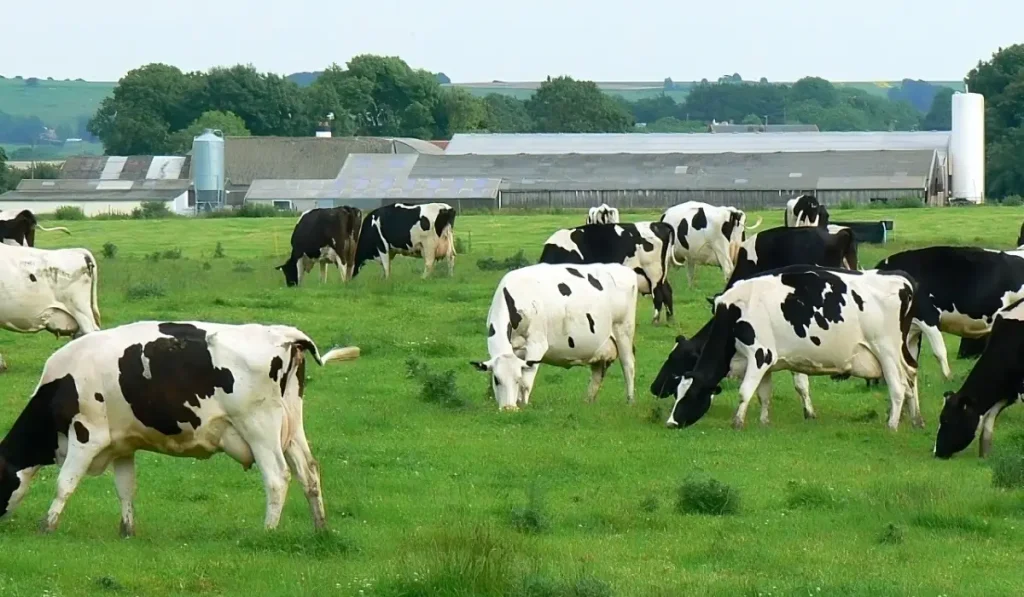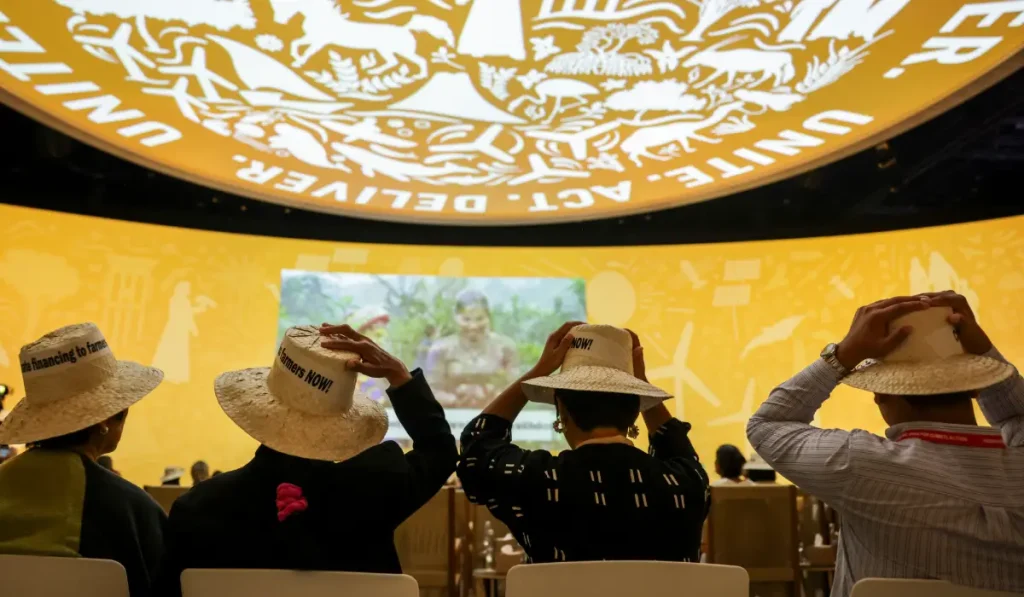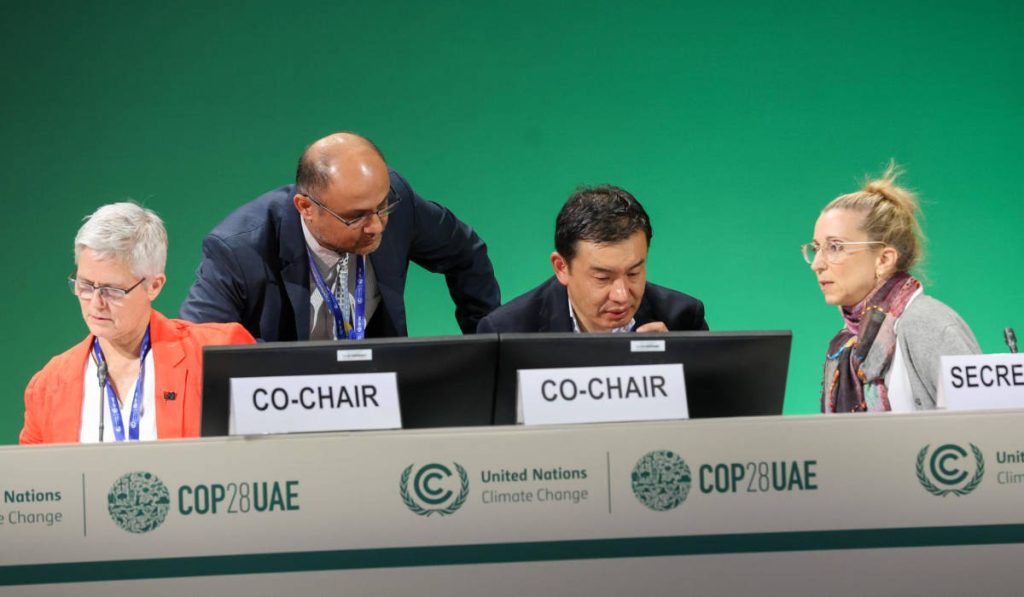In September, the African Group of Negotiators raised concerns with a summary report released as part of the Global Stocktake’s (GST’s) ongoing dialogues, highlighting that it shied away from key issues such as finance, equity and adaptation that were central to the continent. The GST is a key theme of COP28 this year and is an account of the extent to which countries are collectively achieving the goals of the Paris Agreement. In the countdown to COP28 starting on 30 November, the GST process is under pressure to pull together a series of findings and recommendations to be agreed on by negotiators. As part of this process, a Synthesis Report of “views for consideration”, was released on 4 October 2023, which reflects a compilation of the various country positions, highlighting where there is a majority or minority view. It also contains “proposed elements” of future text that parties could potentially agree to.
What is most surprising is the report’s developing country centrism. While it does not indicate that the UN is aligned to either one position or another, the majority of the 65 page report reflects long standing developing country positions. This may have something to do with the number and detail in the submissions themselves, or possibly the weighted number of developed vs developing countries globally. Either way, at first read it comes across as highly supportive of positions that would be difficult for many developed countries to swallow, notably on mitigation, finance, response measures and loss and damage.
For example, on mitigation it found that “most parties” agreed that the largest share of historical and current emissions were from developed countries, and that the share of global emissions from developing countries will grow in order to meet social and development needs. Notwithstanding this attribution of responsibility, the draft text calls on all Parties to align their NDCs with 1.5 degrees, and commit to peaking emissions by 2025. Some of the potential text for discussion blames developed countries’ historic emissions and their failure to implement pre-2020 commitments as the reason for current “mitigation gaps”. It also chastises developed countries for imposing unilateral measures such as the carbon border adjustment mechanism, fossil fuel disinvestments, and decisions to not finance new operations in the global South, without themselves being willing to do the same in the global North.
The report’s summary of the positions on finance is equally contentious, with much of the proposed text being relatively damning of the approach by developed countries. For example it contains a proposed text that blames the difficulties of developed country “budgetary processes” as getting in the way. This is a gentle swipe at the United States which has not made any new climate finance pledges since 2014, owing to its own domestic politics. It also contains proposals that would call for parties to address some of the African concerns relating to finance, e.g. higher “risk premiums” on developing country borrowing and investment, lack of adaptation finance, over reliance on debt instruments, inequitable distributions, and inaccessible procedures to obtain finance. Similarly it proposes a “burden sharing” response between contributors, meaning that there would need to be a roadmap of how climate finance is to be provided amongst developed countries that ensures accountability, predictability and transparency, instead of it being an ad-hoc pledge approach. This is something that African countries have long been calling for. It also has detailed calls for the reform of Multilateral Development Banks, International Financial Institutions and climate funds, debt reform and international tax cooperation.
Moreover, the chapter on Loss and Damage makes for compelling reading, again by setting out what are mostly developing country positions. It proposes a text that puts forward developed countries as the responsible parties for paying for loss and damage, which would go against the EU’s assertion that wealthier developed countries must also contribute (there is no text supportive of the latter). It assumes that all developing countries should have access to the funds and makes no mention of only the “most vulnerable” having access. A glaring red flag for developed country readers will also be the suggestion that loss and damage finance is “compensation” for developing countries, and not just financial support. This implies legal liability for historic wrongs, something the US has always fought strongly against.
African countries should certainly be more satisfied with this draft than they were with the previous one from September, although it remains to be seen whether countries can align on any of it. Not only will they need to align on the more contentious provisions highlighted above but there are a series of ambitious but no-doubt contentious targets proposed for mitigation in the draft that emerging economies may shy away from. At the time of writing countries were convening for a final GST negotiation and we will report on the outcome of these discussions in our next issue.





